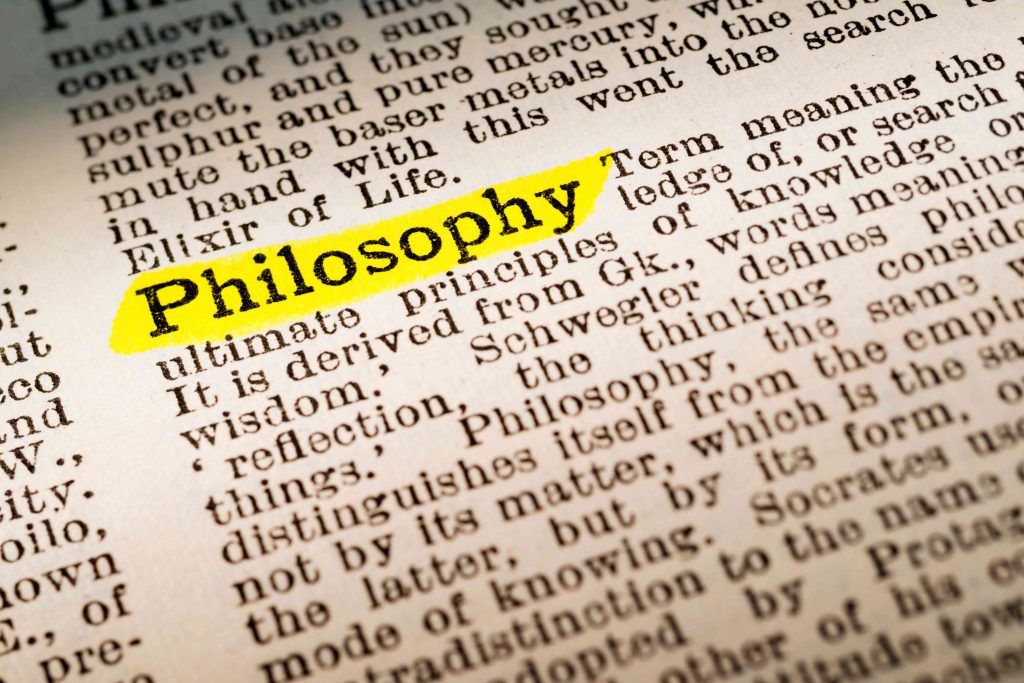In this blog post: 11 books and a graphic novel recommendations for those who are curious to learn what philosophy is all about, planning to take a philosophy course, or looking to hone their philosophical skills. Please note, some links are affiliate links.
The wonderful thing about philosophy is that you can explore practically anything through a philosophical lens. In this sense, philosophy is more a form of inquiry and a skill than a subject-matter. You can find philosophical discussions on just about anything from more common areas, such as ethics, knowledge, space and time, and medical ethics, to more niche areas, such as the philosophy of sports, artificial intelligence, music, mathematics, dance, video games, and more! Another thing I love about philosophy is the attitude that philosophy engenders. Philosophy is about listening to all sides and perspectives, being charitable to opposing views, and working together to solve complex problems and come to a better understanding of the world and ourselves. Philosophy is a challenging, but also thoroughly enjoyable and rewarding subject, and it facilitates the acquisition of many skills that are essential, regardless of what you choose to do in the future.
Now, typically when you study philosophy, you start by learning basic concepts and by going through very small sections of a philosophical text–typically ancient philosophical texts–with direct guidance from a teacher. This is because philosophy can be a very complex subject. As you build a foundation and improve your skills, you start reading full articles without the need for direct support. Once you are able to analyze and understand articles well, you might move on to book chapters, and eventually full books. The more advanced you get, the more interesting the material! However, due to the complexity of many philosophical subjects, finding philosophy books that are both interesting and comprehensible for those who are new to philosophy is a challenging task. However, there are some books I have come across that meet these criteria. Whether you are curious to learn what philosophy is all about, planning to take a philosophy course and looking to start developing a solid foundation, or looking to hone your current philosophical skills, these books are for you.
1. For the Sake of Argument: How to do Philosophy
By Robert M. Martin
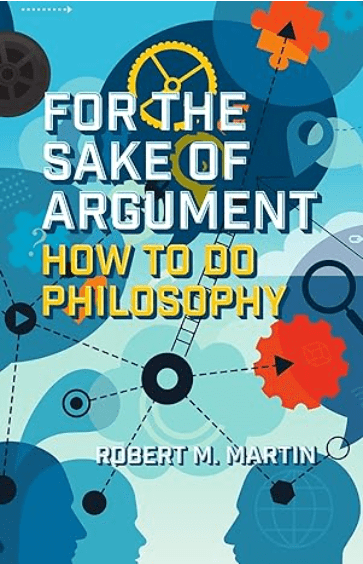
For those looking to hone and develop their philosophical skills and/or gain insight into the kinds of skills needed to do philosophy, this book is for you. This practical handbook will teach you how to think, write, and talk philosophically. Rather than being dull and dry, the author of this book speaks to the reader the way one might speak to a friend. This is a truly fantastic guide for how to engage in philosophical discourse and argumentation.
2. I Think, Therefore I Draw: Understanding Philosophy Through Cartoons
By Thomas Cathcart & Daniel Klein
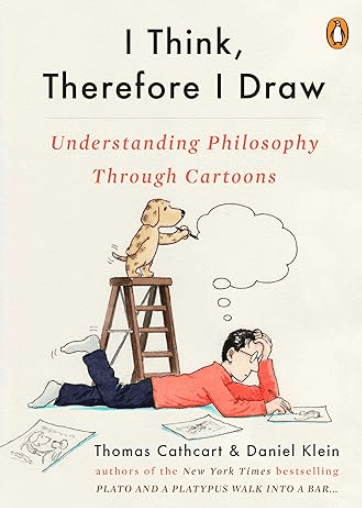
Through easy to follow, interesting, and hilarious chapters that are short and sweet, this book uses cartoons to introduce you to the major debates in topics such as the meaning of life, the philosophy of time, gender philosophy, epistemology, capitalism, marxism, libertarianism, hedonism, stoicism, artificial intelligence, the self, metaphysics, language, truth, logic, knowledge, social and political philosophy, philosophy of law, free will, existentialism, ethics, theism, and meta-philosophy.
3. Plato and a Platypus Walk into a Bar: Understanding Philosophy Through Jokes
By Thomas Cathcart & Daniel Klein

A hilarious introduction to philosophy through jokes. This book explains concepts and ideas in metaphysics, logic, epistemology, ethics, philosophy of religion, existentialism, philosophy of language, social and political philosophy, relativity, and meta-philosophy. It is a thoroughly enjoyable introduction to the various disciplines within philosophy.
4. Heidegger and a Hippo Walk Through Those Pearly Gates: Using Philosophy (and Jokes!) to Explore Life, Death, the Afterlife, and Everything in Between
By Thomas Cathcart & Daniel Klein

A discussion of the philosophy, theology, and psychology of the soul, death, and the afterlife through jokes. Cathcart and Klein keep things light in this sequel to Plato and a Platypus Walk into a Bar.
5. How to be Perfect: The Correct Answer to Every Moral Question
By Michael Schur
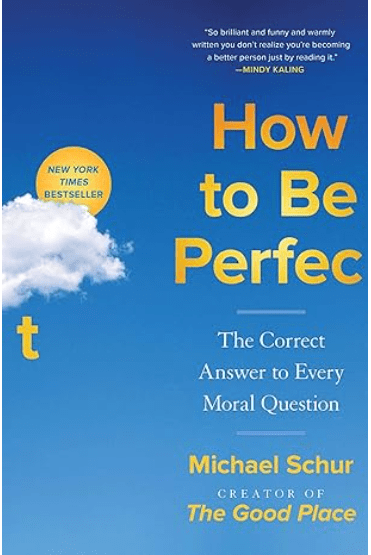
This book is excellent for those looking for an accessible and enjoyable introduction to moral philosophy. In this book, you’ll find informed discussions of ethical issues from the perspective of someone who is not himself a philosopher: creator of Netflix series The Good Place, Michael Schur. Through reading this book, you’ll soon discover that there is rarely, if ever, one simple, correct answer to a moral question. This book is written in plain, accessible language, and includes humorous comments, making it a thoroughly enjoyable read.
6. Philosophy Through Science Fiction Stories: Exploring the Boundaries of the Possible
Edited by Helen De Cruz, Johan De Smedt & Eric Schwitzgebel
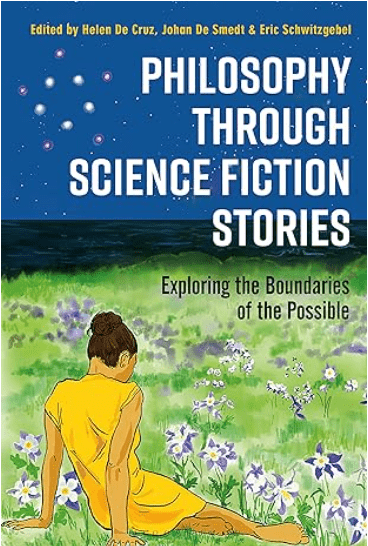
We learn a lot about how to do philosophy through academic discussion and academic papers. But did you know that you can also do philosophy through literature? This collection of short stories provides some prime examples of how one might achieve this, with a short discussion at the end of each piece.
7. Flatland: A Romance of Many Dimensions
By Edwin A. Abbott
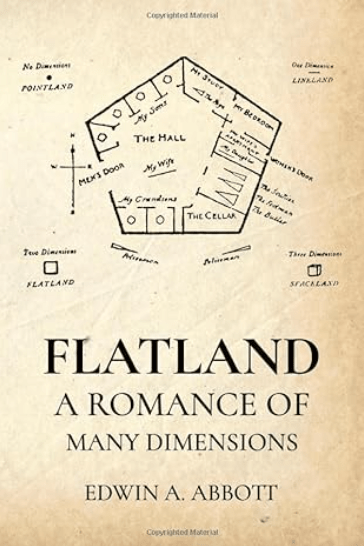
Ever wondered about the fourth dimension? This satirical novella, written pseudonymously by “A Square,” was first published in 1884. It uses a fictional world called Flatland to comment on and critique the hierarchy of Victorian culture, but its more lasting contribution has been its exploration and examination of dimensions. Taking place in a two-dimensional world inhabited by geometric figures, this book aims to help us grasp the possibility of a fourth dimension.
8. The Tao of Pooh
By Benjamin Hoff

In this book, Benjamin Hoff uses Winnie-the-Pooh to explain the principles of Taoism, while also using Taosim to provide unique insight into Winnie-the-Pooh. This book–meant for adults, not children–is wildly unique and insightful, providing a fascinating window into Ancient Chinese philosophy.
9. Waking, Dreaming, Being
By Evan Thompson
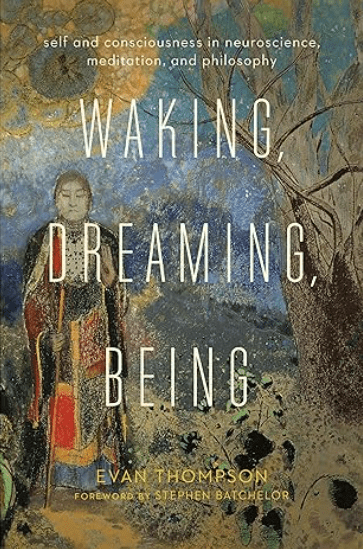
Are you curious about the nature of consciousness and the self? Interested in combining science and philosophy? Ever wonder how we might merge Eastern and Western philosophy? Then this book is for you. It is a fascinating exploration of consciousness and the self across awake perception, dreaming, lucid dreaming, deep sleep, out-of-body experiences, dying and near-death experiences, and meditative states. This book discusses topics such as how consciousness is related to the brain and body and whether the self is an illusion, drawing on philosophy of mind, neuroscience, cognitive science, sleep science, and Indian and Buddhist philosophy.
10. Being Sure of Each Other: An Essay on Social Rights and Freedoms
By Kimbberley Brownlee
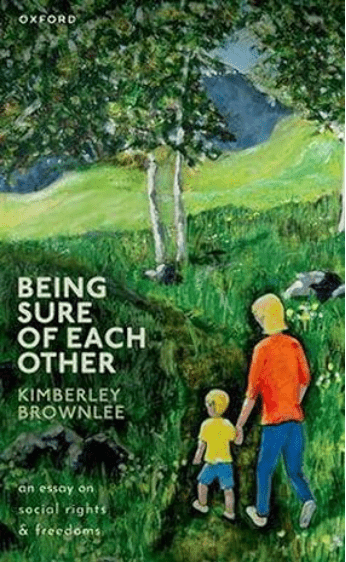
In this book, Brownlee argues that, in addition to economic-welfare rights and civil and political rights, we also have social rights. In particular, she argues that we have a human right against social deprivation: we have the right to have minimally adequate access to decent human contact and connection. This book clarifies what exactly she means by this, provides arguments in its defence, and discusses the implications of her view for institutions such as prisons, hospitals, and detention centres.
11. Logicomix: An Epic Search for Truth
By Apostolos Doxiadis and Christos H. Papadimitriou
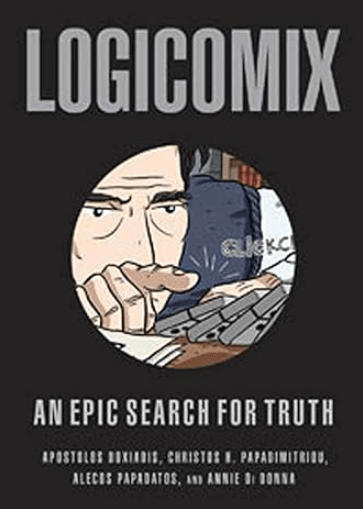
This graphic novel takes you through the history and ideas of some of the greatest logicians in their quest to establish a logical foundation of mathematics. It follows the story of philosopher Bertrand Russel on his search for absolute truth—a struggle that finally drove him to the brink of madness. Along the way, he crosses paths with other famous thinkers, such as Gottlob Frege, David Hilbert, Kurt Gödel, and Ludwig Wittgenstein. This book sheds light on Bertrand Russell’s inner struggles, as he wrestles with the conflict between ideal rationality and the flaws and imperfections of reality.
